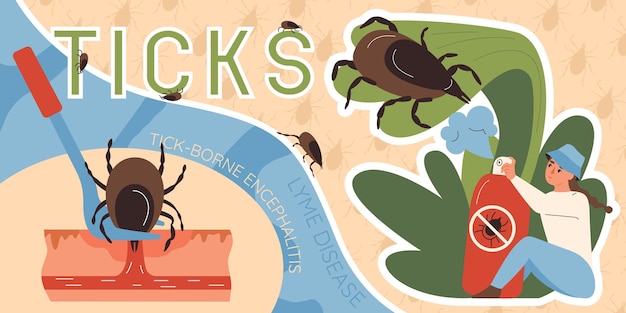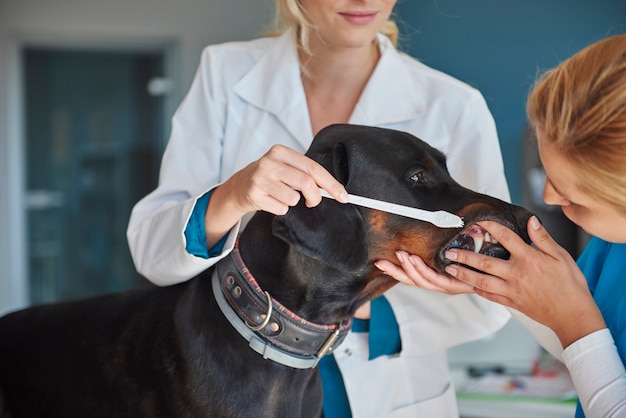Why Is My Pet Drinking More Water? Top Causes and Solutions


Why Is My Pet Drinking More Water? Top Causes and Solutions
If you've recently noticed your dog gulping down bowl after bowl of water or your cat visiting the water dish much more often than usual, you're not alone. Excessive thirst in pets, also known as polydipsia, is a common concern among pet owners in Long Beach and surrounding communities. At Pet Lovers Animal Hospital Long Beach, located at 5211 Atlantic Ave, Long Beach, CA 90805, our team of veterinarians often hears questions about why a beloved pet is suddenly drinking so much more water.
Understanding what’s normal for your pet and recognizing changes in their drinking habits can play a crucial role in early detection of health issues. This blog will explore what excessive thirst in pets might mean, highlight common causes, explain when you should seek help, and offer guidance on how a wellness examination or pet diagnostic laboratory services in Long Beach can provide clarity and peace of mind. We’ll also discuss what you can do at home and why maintaining a strong relationship with a "vet near me" is essential for your pet’s long-term health.
Whether you live right here in Long Beach or in nearby communities, our veterinary team is committed to compassionate, affordable care every step of the way. If you’re worried about your pet’s thirst or other pet health symptoms, read on to learn more about what could be happening and how we can help.
Recognizing Excessive Thirst in Pets: What Are the Signs?
It can be tricky to know exactly how much water is too much, especially since drinking habits naturally vary by season, activity level, and even the type of food your pet eats. While some pets may drink a bit more on hot Long Beach days or after a playful outing, a noticeable and persistent increase in water intake often signals something more.
Key symptoms of excessive thirst in pets include finding the water bowl empty more frequently than usual, noticing your dog or cat visiting the water dish multiple times an hour, or observing your pet needing to urinate more often, sometimes with accidents in the house. Other signs to watch for are changes in appetite, weight loss, lethargy, or vomiting. If your pet is suddenly waking you at night to go outside or seems obsessed with finding water, it’s time to pay closer attention.
Understanding your pet’s baseline is important, so take note if you see a shift that seems out of character. In some cases, excessive thirst may be accompanied by additional pet health symptoms that point toward underlying medical conditions. Keeping track of these changes will be very helpful when you schedule an appointment with your veterinarian.
Why Is My Pet Drinking More Water? Common Causes Explained
There are many factors that can cause excessive thirst in pets. Some are relatively minor, while others may indicate more serious health concerns that require immediate attention. Understanding the possible causes can help you make informed decisions about your pet’s care.
One of the most common reasons for increased water intake is warmer weather, especially during Long Beach’s sunny seasons. Pets may drink more to stay cool and hydrated, just as people do. Diet also plays a role; pets eating dry food typically need more water than those on canned or fresh diets. However, if the increase is sudden or dramatic, it may point to an underlying medical issue.
Health conditions that commonly lead to excessive thirst in pets include diabetes mellitus, which affects the way the body regulates sugar; kidney disease, which impacts the body’s ability to concentrate urine; and hormonal disorders such as Cushing’s disease in dogs or hyperthyroidism in cats. Infections, certain medications (like steroids), and urinary tract issues can also be culprits. Less commonly, liver disease or some types of cancer may cause these symptoms.
For example, an older dog who starts drinking much more water and losing weight could be developing diabetes or kidney problems, while a middle-aged cat with increased thirst and frequent urination might be showing early signs of hyperthyroidism. These scenarios highlight why it’s so important to have your pet evaluated by a veterinarian if you notice persistent changes in their drinking habits.
How Veterinarians Diagnose and Treat Excessive Thirst in Pets
When you bring your pet to Pet Lovers Animal Hospital Long Beach for excessive thirst, our veterinary professionals will begin with a thorough discussion of your pet’s history and symptoms. We’ll ask questions about changes you’ve observed, any other pet health symptoms, and your pet’s diet and lifestyle. A comprehensive physical examination will follow, allowing us to check for signs of dehydration, weight loss, or other underlying issues.
To pinpoint the cause, our team may recommend pet diagnostic laboratory services in Long Beach, which can include bloodwork, urinalysis, and sometimes advanced testing like diagnostic imaging. These tests help us assess organ function, check for diabetes or infections, and evaluate hormone levels. Early detection is key to effective treatment and management.
Treatment approaches depend on the underlying cause. If diabetes is diagnosed, managing your pet’s blood sugar with diet and medication is essential. Kidney disease may require dietary changes, medications, and increased monitoring. Hormonal imbalances, such as Cushing’s disease or hyperthyroidism, typically involve medication and ongoing veterinary care. Infections are usually treated with antibiotics or other appropriate medications.
Throughout this process, our veterinarians will explain every step and answer your questions. We focus on providing smart, compassionate, and budget-friendly care, ensuring you feel comfortable and informed about your pet’s treatment plan. If you are concerned about your pet’s health or want to schedule a wellness examination, you can learn more about our approach to pet examinations in Long Beach.
Prevention and Home Care: Supporting Your Pet’s Hydration and Health
While some causes of excessive thirst in pets are unavoidable, there are practical steps you can take at home to help your pet stay healthy. Always provide fresh, clean water and monitor your pet’s water intake so you notice any changes quickly. Feeding a balanced diet suited to your pet’s age, breed, and health status can support optimal hydration and overall wellness.
Regular veterinary check-ups play a crucial role in detecting problems early. Annual or semi-annual wellness exams allow your veterinarian to track trends, catch subtle changes, and recommend preventive care that supports your pet’s long-term health. If your pet has been diagnosed with a chronic condition that affects their drinking habits, follow your veterinarian’s recommendations closely and look out for any new symptoms.
Pet owners in Long Beach and surrounding areas should also consider the local climate; hot weather can increase normal thirst, but a prolonged or dramatic change is still cause for concern. By staying observant and maintaining a close partnership with your veterinary team, you can help your pet thrive at every stage of life.
When Should You Seek Veterinary Care for Excessive Thirst?
Knowing when to act is vital for your pet’s wellbeing. If your pet suddenly starts drinking much more water than usual and this change lasts more than a day or two, it’s time to schedule an appointment with your veterinarian. Additional warning signs that warrant prompt attention include increased urination, unexplained weight loss, vomiting, diarrhea, loss of appetite, or any other unusual behavior.
Some situations require more urgent action. If your pet is lethargic, unable to keep water down, or showing signs of pain or distress, contact your veterinarian immediately. Early intervention can make a significant difference in treatment outcomes and help prevent minor issues from becoming major health concerns.
Our team at Pet Lovers Animal Hospital Long Beach is here to help you navigate these decisions, providing clear guidance and compassionate care. Scheduling a wellness exam in Long Beach or utilizing our pet diagnostic laboratory services near me can provide the answers and reassurance you need.
Bringing It All Together: Your Partner in Pet Health
Excessive thirst in pets is a symptom that should never be ignored. Whether due to hot weather, a change in diet, or an underlying medical condition, tracking your pet’s water intake and seeking timely veterinary care are the best ways to protect their health. At Pet Lovers Animal Hospital Long Beach, our veterinary team is dedicated to building lasting relationships with pet owners in Long Beach and surrounding communities, offering smart, compassionate, and budget-friendly care every step of the way.
If you’ve noticed your pet drinking more water or showing other concerning pet health symptoms, we encourage you to schedule an appointment with our veterinarians. Our team can provide a thorough wellness exam, discuss options for pet diagnostic laboratory services in Long Beach, and recommend the best plan for your pet’s needs. Maintaining regular check-ups with a "vet near me" ensures your pet receives the quality veterinary services they deserve.
For personalized guidance or to book your next visit, call us at (562) 349-0000 or stop by our convenient location at 5211 Atlantic Ave, Long Beach, CA 90805. Your pet’s health and happiness are always our top priorities.
Medical Disclaimer: The information in this blog is intended for educational purposes only and should not replace professional veterinary advice. Always consult your veterinarian for specific questions or concerns about your pet’s health.
For more resources on pet hydration and health, you can visit American Veterinary Medical Association or Cornell University College of Veterinary Medicine.


















